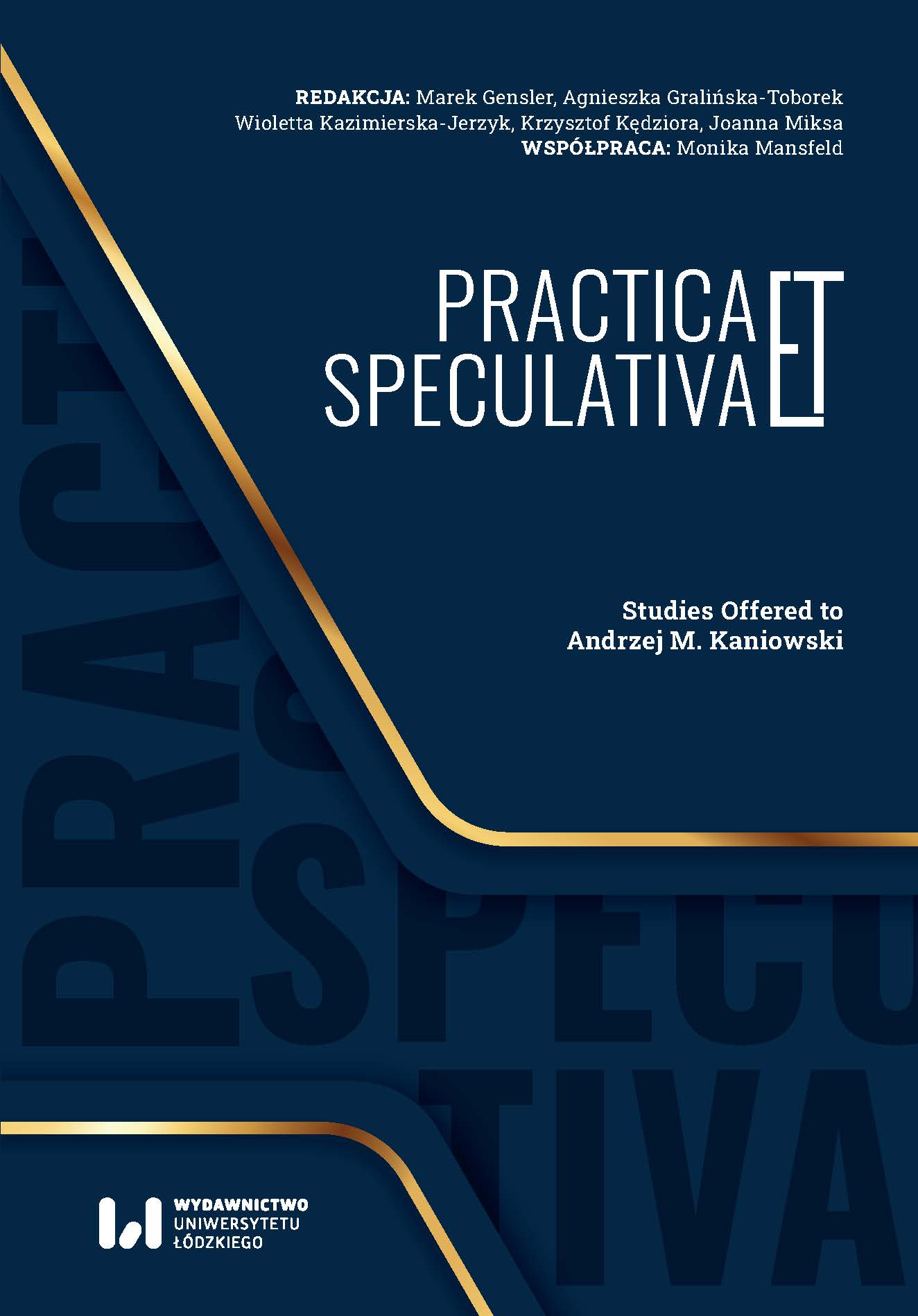The Antinomies of Practical Reason
The Antinomies of Practical Reason
Author(s): Paul Guyer
Subject(s): Philosophy, Ethics / Practical Philosophy
Published by: Wydawnictwo Uniwersytetu Łódzkiego
Keywords: Kant;antinomy;practical reason;determinism;freedom;fact of reason;highest good;apperception;transcendental idealism
Summary/Abstract: The official antinomy in the Transcendental Dialectic of the Critique of Practical Reason concerns the highest good. But the entire Transcendental Analytic of the first half of the Critique also concerns an antinomy, namely the antinomy between freedom and determinism that was the topic of the third antinomy of the Critique of Pure Reason. These facts raise two questions: what does the treatment of freedom and determinism in the second Critique add to that of the first? And how does transcendental idealism, which is supposed to be the key to the resolution of all antinomies for Kant, play into his solution to the question of the highest good? I argue that we need to look to Kant’s previous works, especially Section III of the Groundwork, to answer the first question, and to his subsequent works, especially the Critique of the Power of Judgment, to answer the second: the second Critique clarifies that we do have a certain kind of insight through pure reason into our noumenal will, and clarifies that the postulate of pure practical reason of the existence of God as the ground of the possibility of the highest good has to be understood through transcendental idealism.
Book: Practica et Speculativa
- Page Range: 503-526
- Page Count: 24
- Publication Year: 2022
- Language: English
- Content File-PDF

